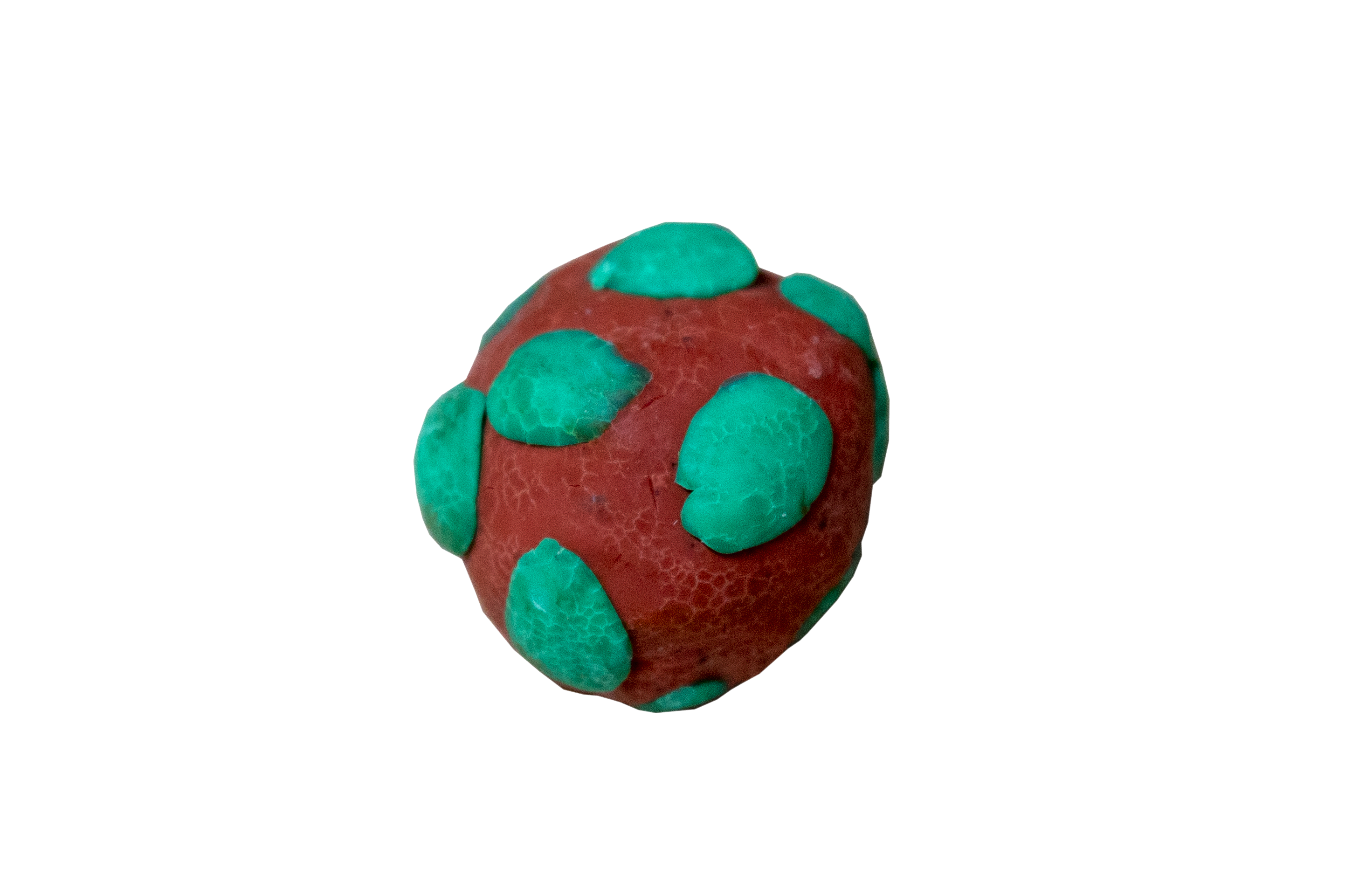



Sulfur is an interdisciplinary project promoted by corisca collective that makes use of ethnography, performance and audiovisual media to cultivate its interest in reproductive work and care rituals performed or organized in community, and in its articulation with gendered bodies and the territory. Since 2020, the corisca collective has been gathering oral testimonies, visiting archives, contacting political, cultural and feminist institutions or agents, with the azorean stew as its primary object. Sulfur seeks to explore the dialogue between the body, surroundings and labour. It aims to gather bodies that are usually summoned to these work rituals in an invisible way, projecting their voices and gestures in the public space.

A project that organizes performances and artistic installations as a form of artivism — as igniters of debates, intrigue, reflection on the invisibility of domestic work and all the labor put into care rituals, through public forms of research, reflection and artistic language.
It is also the materialization of a geopoetic perspective regarding the social value of these cooking and commensality practices, going beyond the borders of the private universe to which they are confined — and a critique of the privatization of communal spaces (such as the Caldeira or the spas), previously accessible to the people in the community, and which now pose obstacles to their use as spaces for personal and political encounters, leisure practices, well-being — or care.
Sulfur is an interdisciplinary project promoted by corisca collective that makes use of ethnography, performance and audiovisual media to cultivate its interest in reproductive work and care rituals performed or organized in community, and in its articulation with gendered bodies and the territory. Since 2020, the corisca collective has been gathering oral testimonies, visiting archives, contacting political, cultural and feminist institutions or agents, with the azorean stew as its primary object. Sulfur seeks to explore the dialogue between the body, surroundings and labour. It aims to gather bodies that are usually summoned to these work rituals in an invisible way, projecting their voices and gestures in the public space.

A project that organizes performances and artistic installations as a form of artivism — as igniters of debates, intrigue, reflection on the invisibility of domestic work and all the labor put into care rituals, through public forms of research, reflection and artistic language.
It is also the materialization of a geopoetic perspective regarding the social value of these cooking and commensality practices, going beyond the borders of the private universe to which they are confined — and a critique of the privatization of communal spaces (such as the Caldeira or the spas), previously accessible to the people in the community, and which now pose obstacles to their use as spaces for personal and political encounters, leisure practices, well-being — or care.